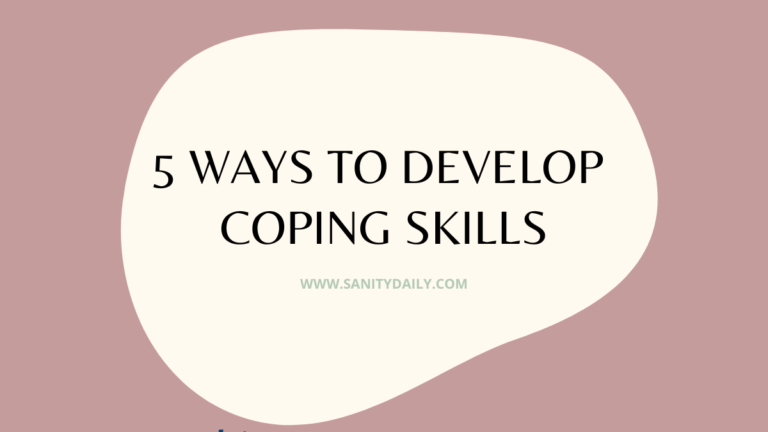I recently learned that we have a term to define this connection – “Biophilia” which is more than just a love for nature—it’s a fundamental aspect of our psychological makeup that has implications for our mental health. It highlights the inherent human tendency to seek connections with nature and other forms of life.
In our technology-driven world, it’s easy to feel disconnected from nature but I firmly believe in the deep connection to the natural world that could play a crucial role in enhancing our mental health and well-being. A study published in the Journal of Environmental Psychology found that spending time in nature significantly lowered cortisol levels, a key indicator of stress. Various studies have shown that exposure to natural environments, whether it’s a walk in the park, gardening, or simply gazing at a potted plant, can have significant benefits for our mental well-being.
Have you ever realised how spending time in nature lowers our levels of cortisol, the body’s primary stress hormone and makes us feel calm and relaxed? Whether it’s the soothing sound of birdsong or the gentle rustle of leaves in the wind, nature provides a sanctuary from the chaos of our everyday life.
Additionally, biophilia encourages physical activity, which is essential for maintaining both physical and mental health. Whether it’s going for a long walk, hiking, swimming in a lake, or practising yoga in the park, engaging in outdoor activities allows us to reconnect with our bodies and experience the joy of movement. Simply put, nature has a remarkable ability to lift our spirits and nourish our souls.
For me a walk around a daffodil-laden street makes my day, buying flowers, and touching leaves while I walk past them help me feel grounded. From incorporating natural materials and textures into interior design, and our workspaces to creating green spaces in living areas, there are countless ways to bring the innate healing power of nature into our daily lives.

Evidence Supporting Biophilia’s Impact on Mental Health
Numerous studies have demonstrated that exposure to natural environments can reduce stress levels and promote relaxation.
Mood Improvement: Research has shown that interacting with nature can have a positive impact on mood and emotional well-being. A study published in the Proceedings of the National Academy of Sciences found that participants who took a 90-minute walk in a natural setting reported lower levels of rumination and reduced activity in brain regions associated with depression compared to those who walked in an urban environment.
Improved Mental Health: There is growing evidence to suggest that biophilic interventions, such as exposure to natural light and views of nature, can improve mental health outcomes. A study published in the International Journal of Environmental Research and Public Health found that incorporating biophilic elements into workplace design led to reductions in perceived stress, anxiety, and depression among employees.
Physical Activity Promotion: Biophilic environments can also encourage physical activity, which is known to have numerous benefits for mental health. A study published in the American Journal of Preventive Medicine found that individuals who lived in neighbourhoods with greater access to green spaces were more likely to engage in physical activity and experienced lower levels of psychological distress.
In conclusion, biophilia reminds us of the deep connection between ourselves and the natural world. By embracing our affinity for nature and prioritising time spent outdoors, we can nurture our mental health and cultivate a greater sense of well-being. So next time you’re feeling stressed or overwhelmed, consider taking a walk in the park or spending some time in your garden. Your mind, body, and soul will thank you for it 🙂
I am participating in #BlogchatterA2Z 2024 and will be writing one informational post almost every day for you 🙂 Keep reading!





3 Responses
I am reading your blog post after a very long time, and it certainly is a delight. I did know that being in nature reduces one’s stress level. However, I was unaware of the term for it. So thank you for teaching me something new today.
Hi Harshita, how are you? Thank you so much for stopping by 🙂 I am glad you liked it.
Wow, I am so glad I came across your blog, this is very informative and helpful, thanks for sharing.